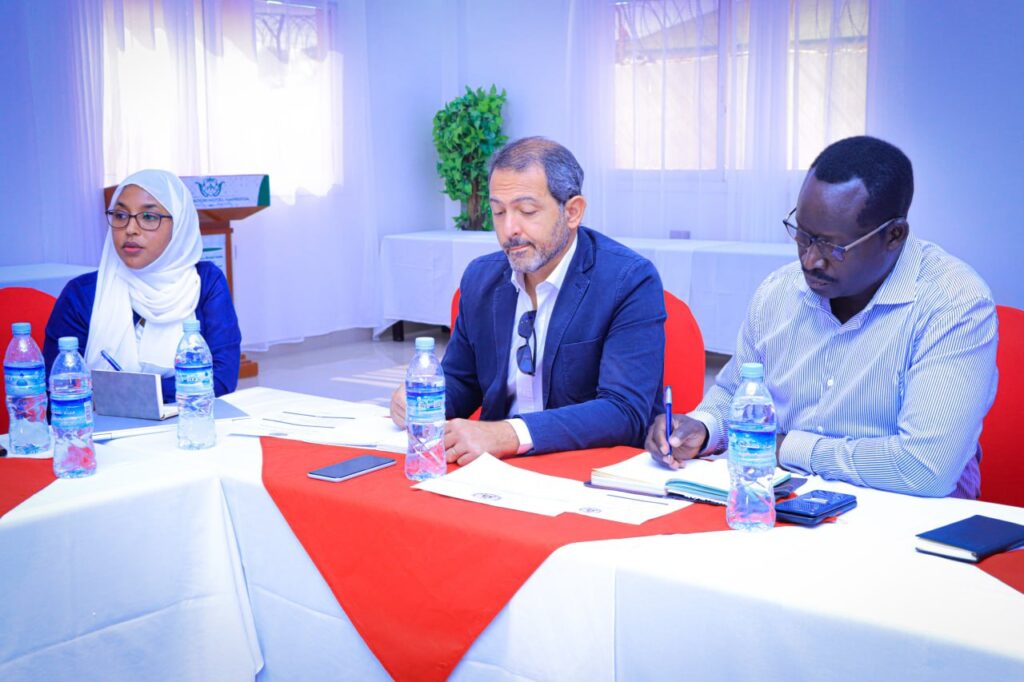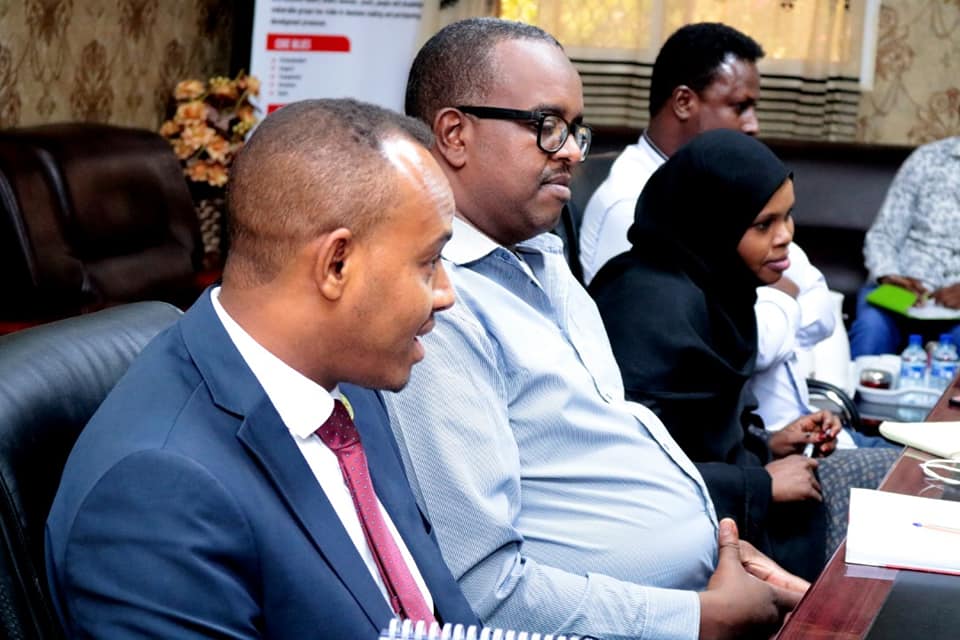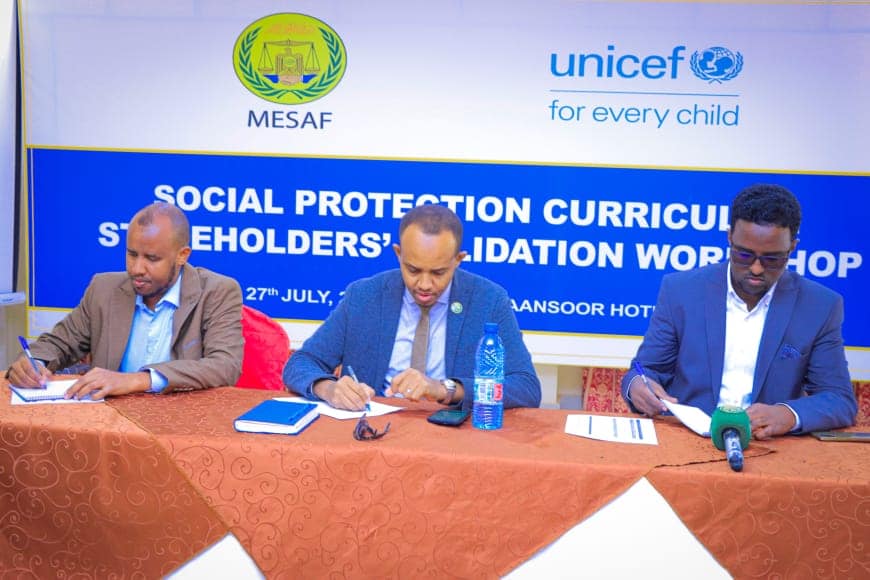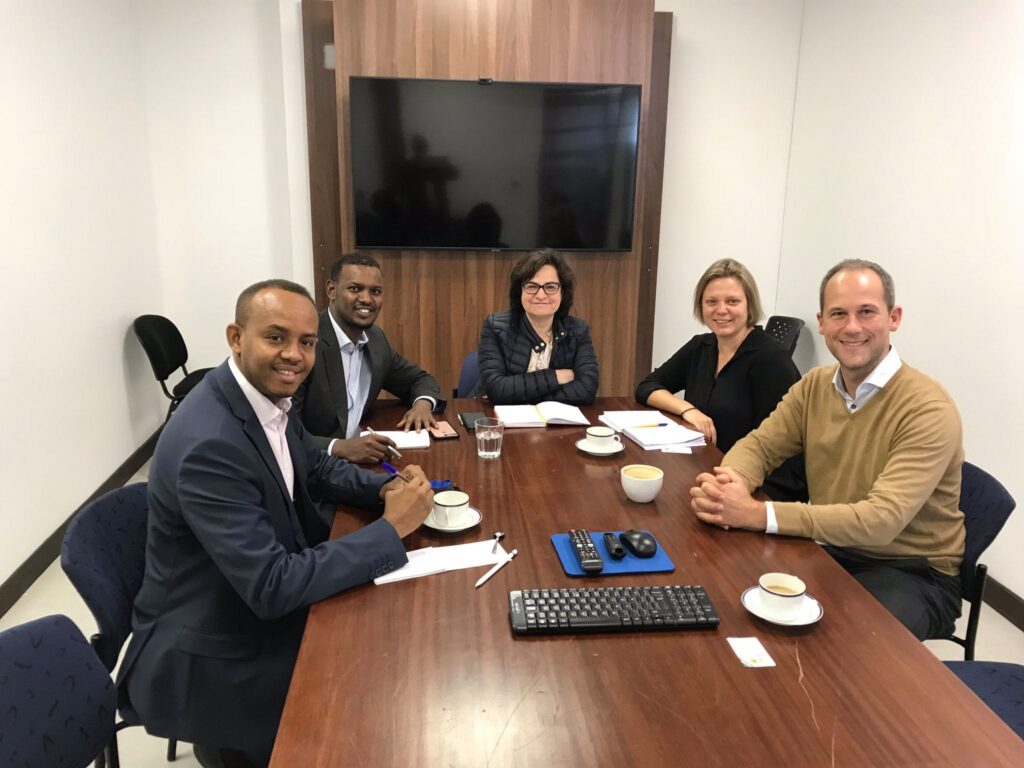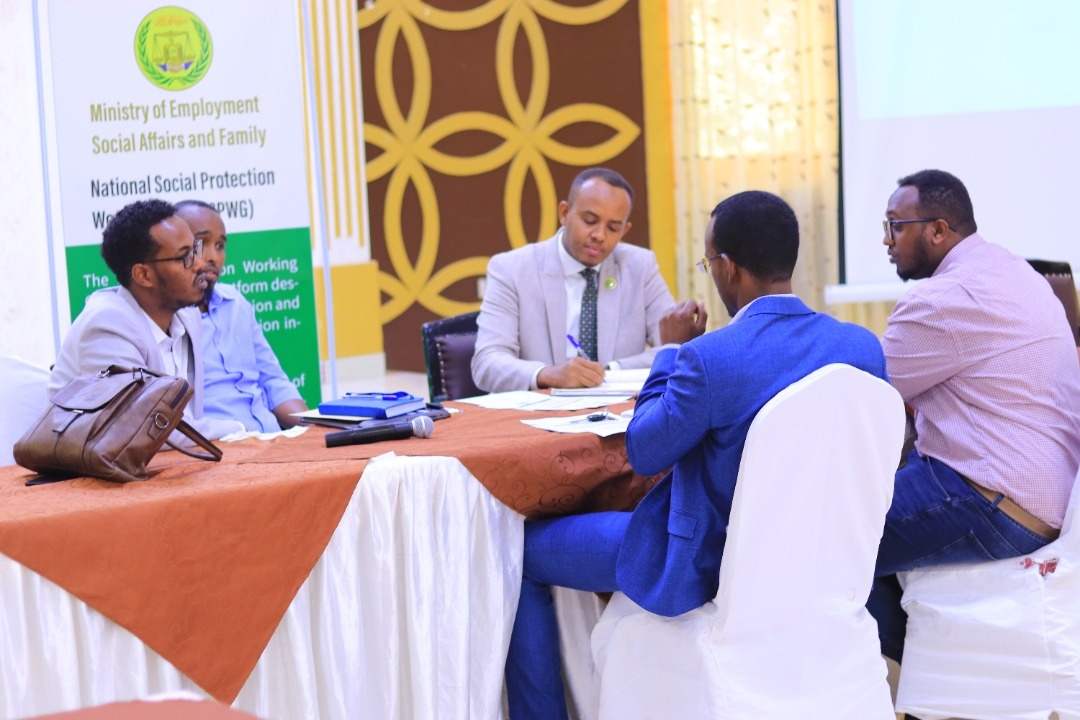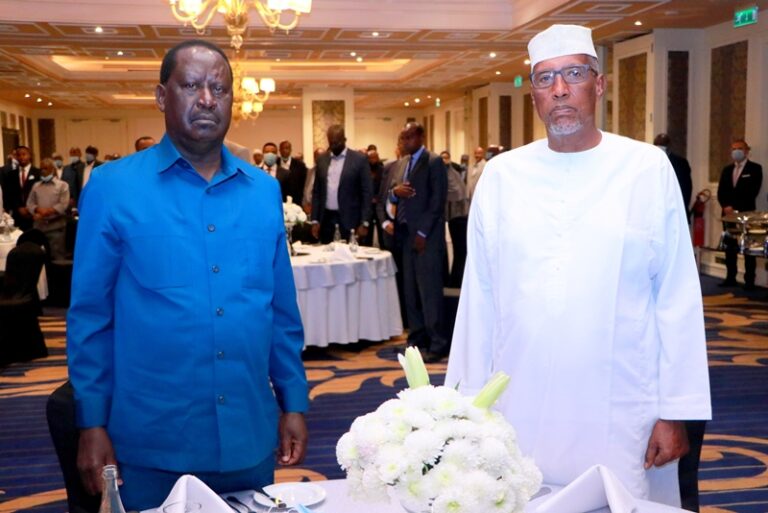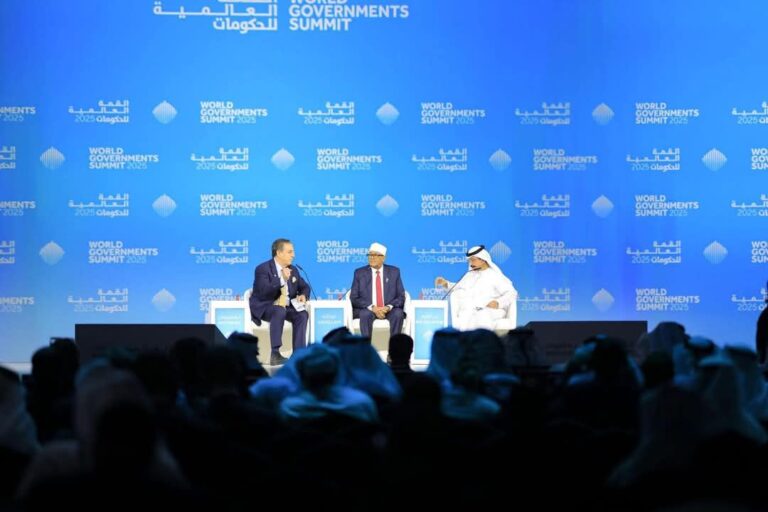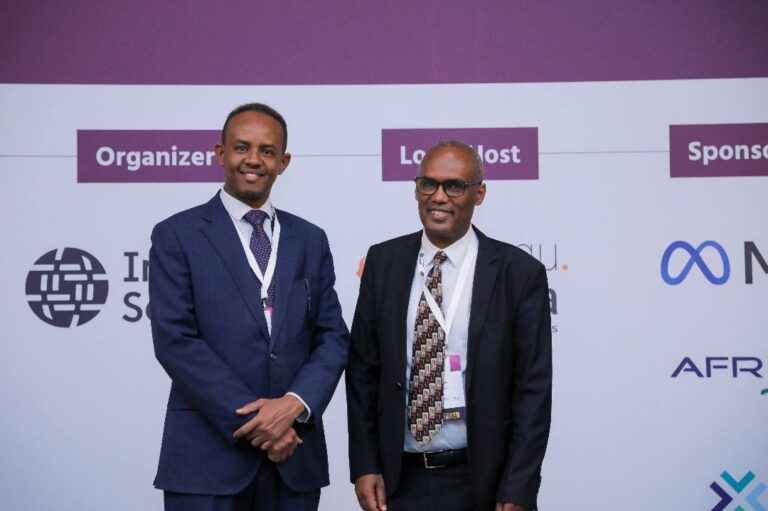The Social Protection Sector in Somaliland has historically been led by humanitarian organizations, with limited government involvement. Recognizing the importance of government leadership in this critical sector, the Ministry of Employment, Social Affairs & Family (MESAF) has embarked on significant reforms to establish a government-led approach to social protection. This article explores the reforms undertaken by MESAF to strengthen the institutional framework, build capacity, regulate cash transfers, integrate social protection into national development plans, and develop policies to advance the welfare of Somaliland’s citizens.
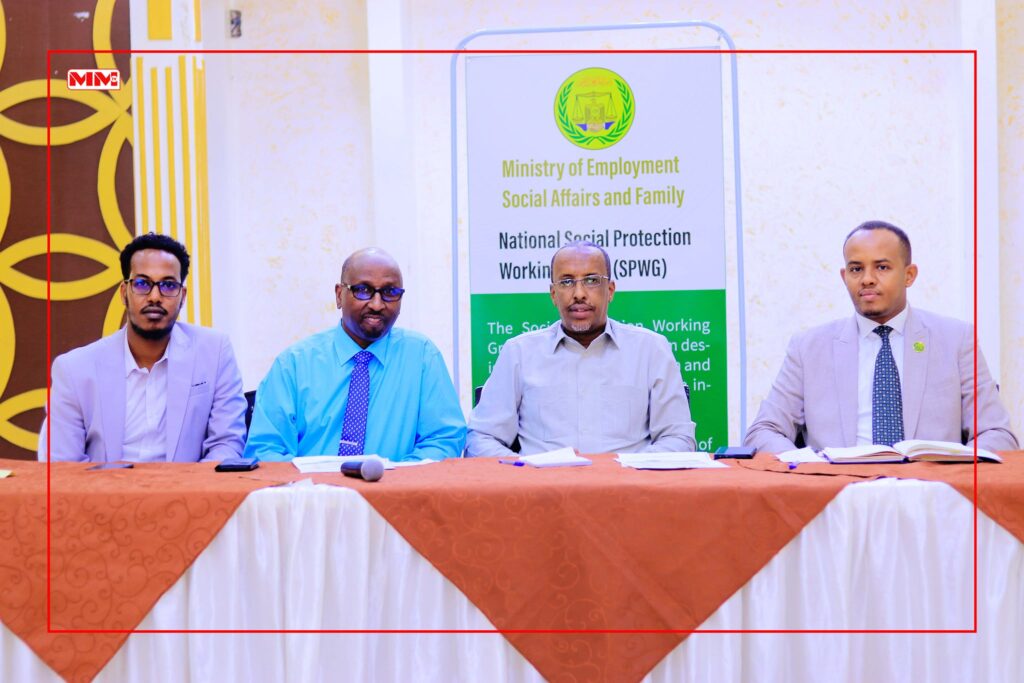
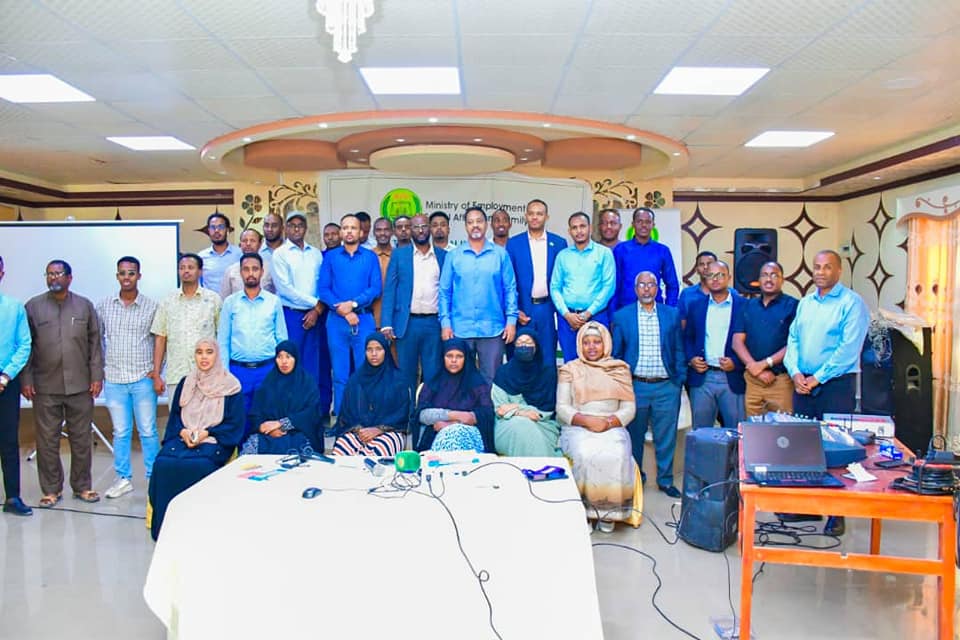
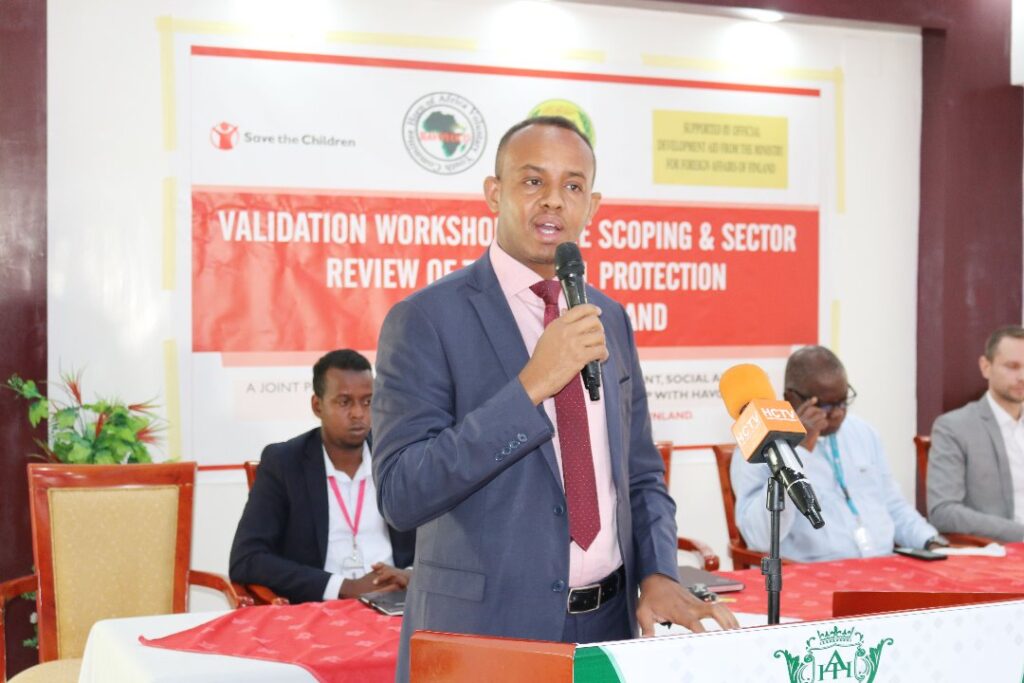
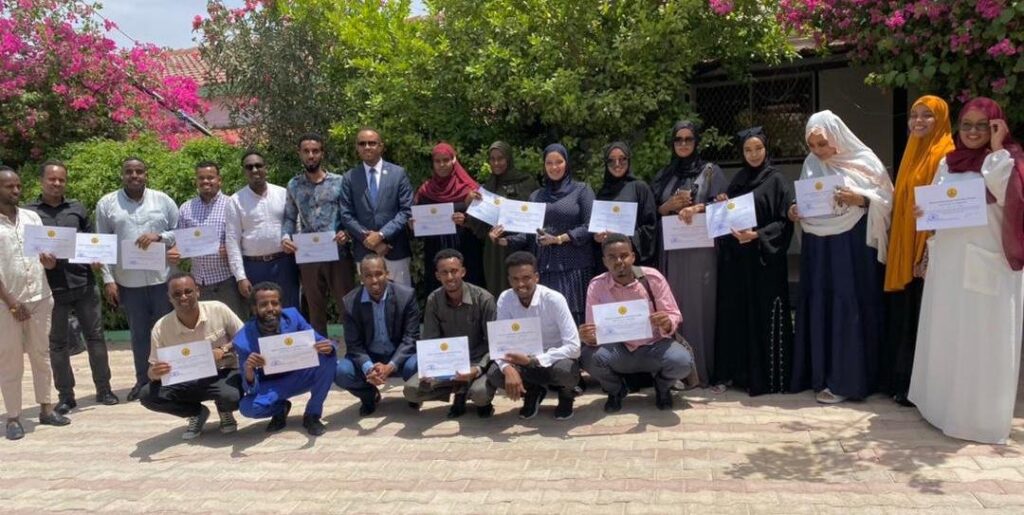
Scoping and Sector Review: A comprehensive Scoping Study and Sector Review, conducted in collaboration with Save the Children, analyzed the existing policy landscape to inform the development of a robust social protection system. This study identified gaps, challenges, and opportunities within the current system, laying the groundwork for future reforms. Based the findings of the scoping and sector review, we have implemented the following reforms:
Capacity Building Programs: MESAF prioritized capacity building by sending staff to training programs in Turin, Italy, Kenya, and Ethiopia to acquire essential skills in social protection. This investment in human capital aimed to equip MESAF personnel with the knowledge and expertise needed to effectively manage social protection programs at the national and district levels. In addition to training our own staff, we extended our capacity-building efforts to include local government officials and key government ministries, such as the Ministry of Education, Ministry of Interior, Ministry of Health, Ministry of Planning, and Ministry of Agriculture. By ensuring that public servants across various sectors are well-informed about social protection policies and practices, we aim to foster collaboration and expertise-sharing, ultimately contributing to more informed policy drafting and approval processes.
Regulation of Cash Transfers: MESAF took decisive action to regulate cash transfer programs, introducing ministerial regulations to govern safety nets. These regulations were implemented to streamline coordination and decision-making processes, thereby reducing dependency on humanitarian organizations and fostering a more sustainable approach to cash transfers. By establishing clear guidelines and procedures, MESAF aimed to enhance transparency, accountability, and efficiency in the administration of cash transfer programs, ultimately ensuring that support reaches those in need in a timely and effective manner without compromising public trust and creating dependency.
During the establishment of Somaliland’s Social Protection System, we engaged in crucial deliberations with the #Somaliland Central Bank governor. The involvement of the central bank was pivotal in regulating the financial aspects of the sector to mitigate inflation risks. Discussions encompassed the role of financial services in bolstering the sector’s effectiveness, active participation in drafting the Social Protection policy, and formulating sector-specific regulations. This collaborative effort underscores the commitment to ensuring financial stability and sustainability within the Social Protection framework.
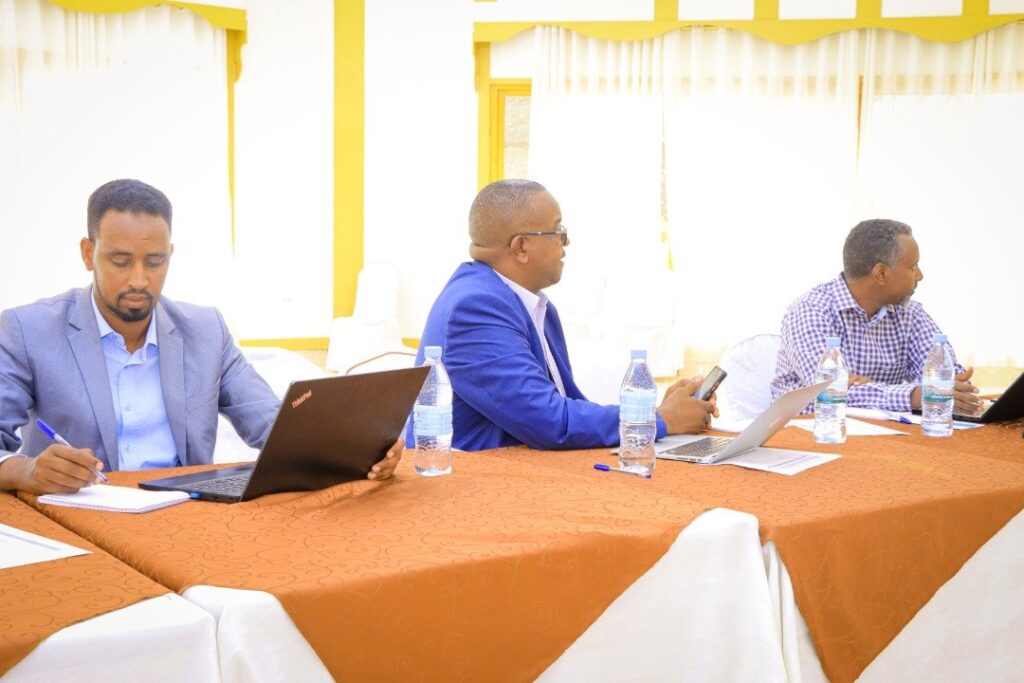
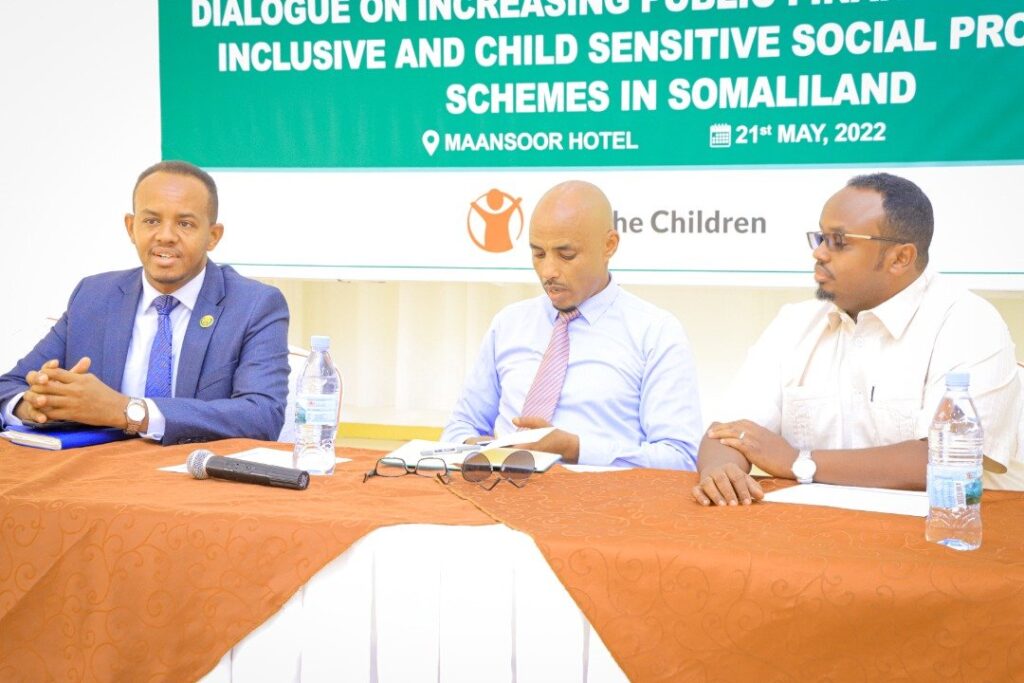
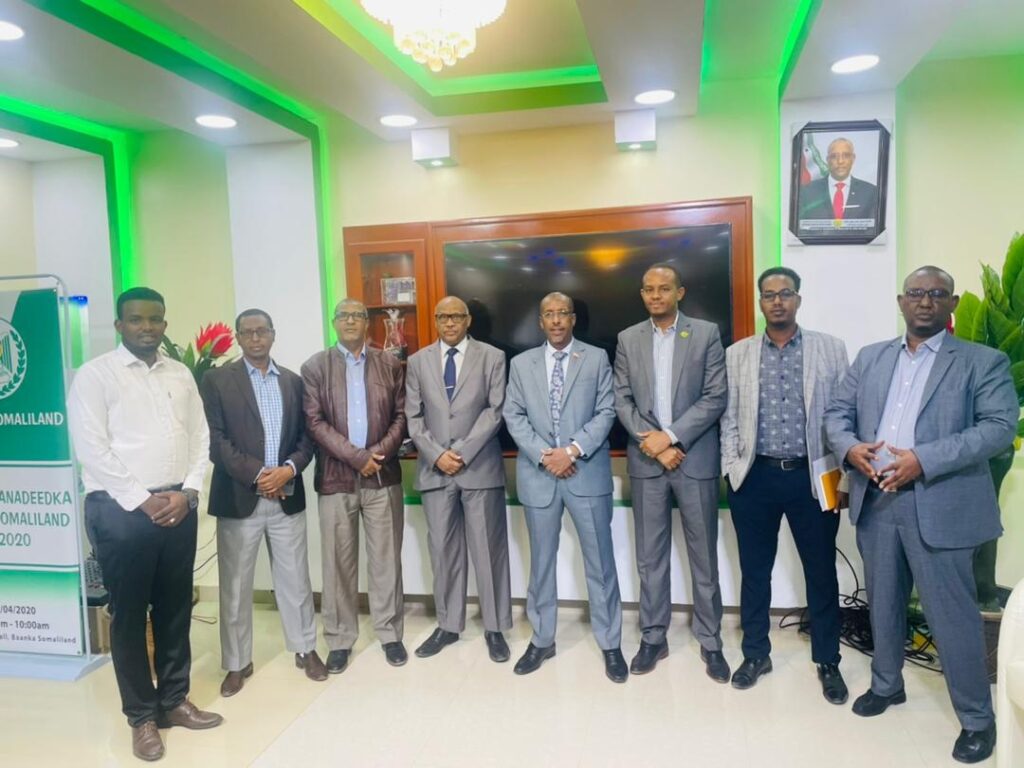
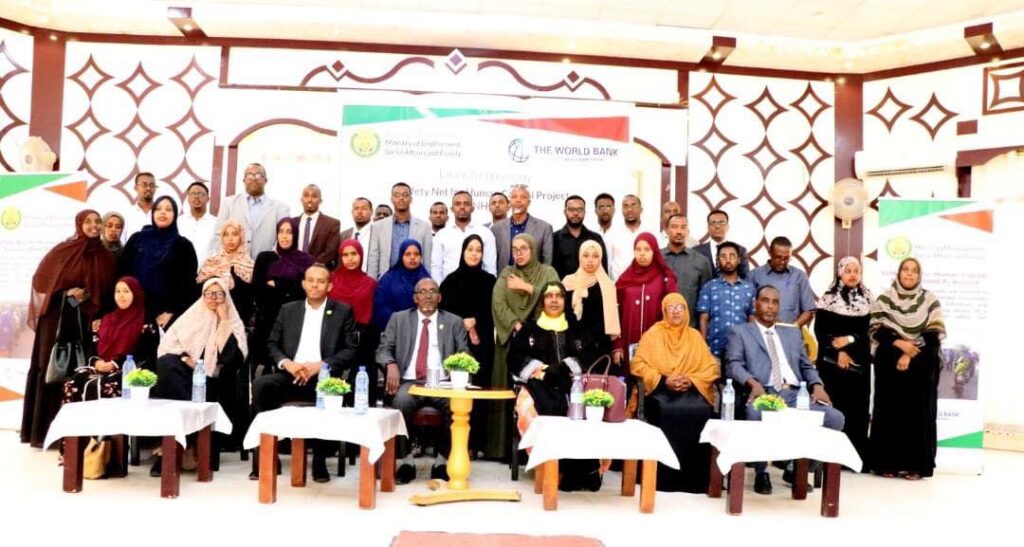

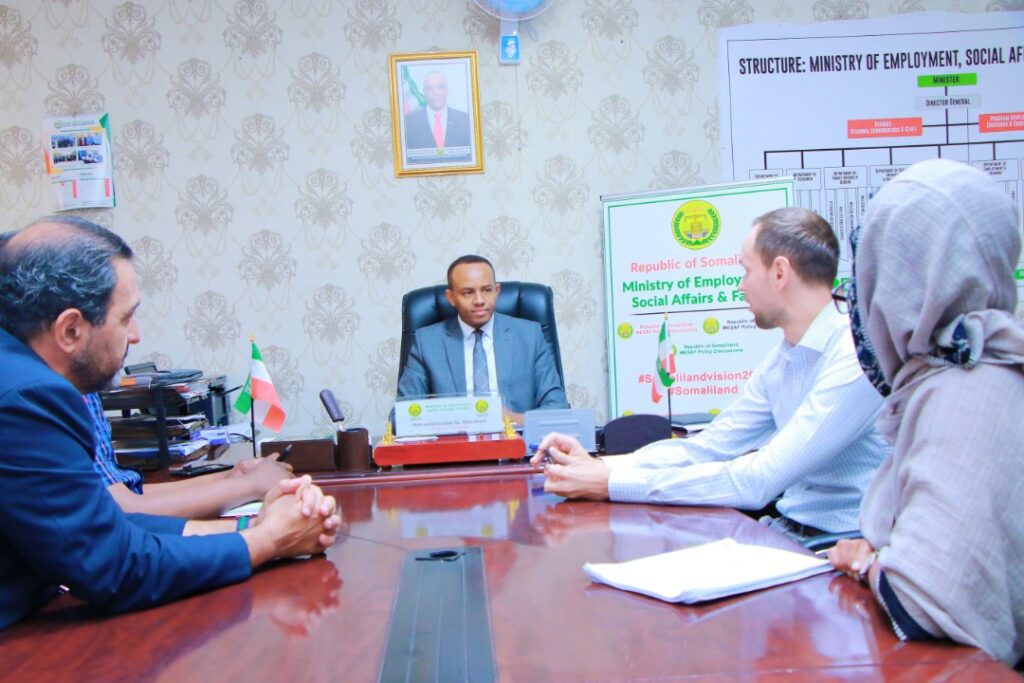
Integration into National Development Plans: Acknowledging the pivotal role of social protection in fostering inclusivity and resilience, MESAF achieved a significant milestone by integrating social protection as a distinct sector within Somaliland’s National Development Plan III. This strategic incorporation underscores the government’s steadfast dedication to addressing the welfare requirements of marginalized communities and advancing sustainable development agendas. By prioritizing social protection within the national development framework, Somaliland aims to ensure the provision of essential services and support systems to vulnerable populations, thereby promoting inclusivity, equity, and long-term resilience across the region.
Policy Development: MESAF spearheaded the development of a comprehensive Social Protection policy, which received Cabinet approval in 2024. This policy delineates clear objectives aimed at fortifying the legislative and policy framework, enhancing institutional capacity, and optimizing systems to establish a resilient government-led social protection system in Somaliland. By meticulously outlining strategic goals and directives, this policy framework serves as a guiding beacon for advancing social welfare initiatives and fostering sustainable development across the nation. Moreover, the Social Protection policy crafted by MESAF integrates traditional mechanisms such as Zakat and the Kaalo system deeply rooted in Somaliland’s cultural fabric. By synergizing modern approaches with time-honored traditions, this policy framework ensures inclusivity and relevance, harnessing the collective strength of community solidarity and government intervention to safeguard vulnerable populations and foster social cohesion.
These reforms have enabled the government to lead significant social protection programs, including the Social Safety Net for Household Cash Transfers (SNHCP) and the Inclusive Local and Economic Development – ILED (An EU funded program). As discussions on increasing fiscal space for social protection continue, the inclusion of social protection as a sector in the finalized National Development Plan III highlights its recognition as a cornerstone of Somaliland’s development agenda. Through these reforms, Somaliland is poised to advance social justice, reduce inequality, and foster sustainable development for its citizens.
